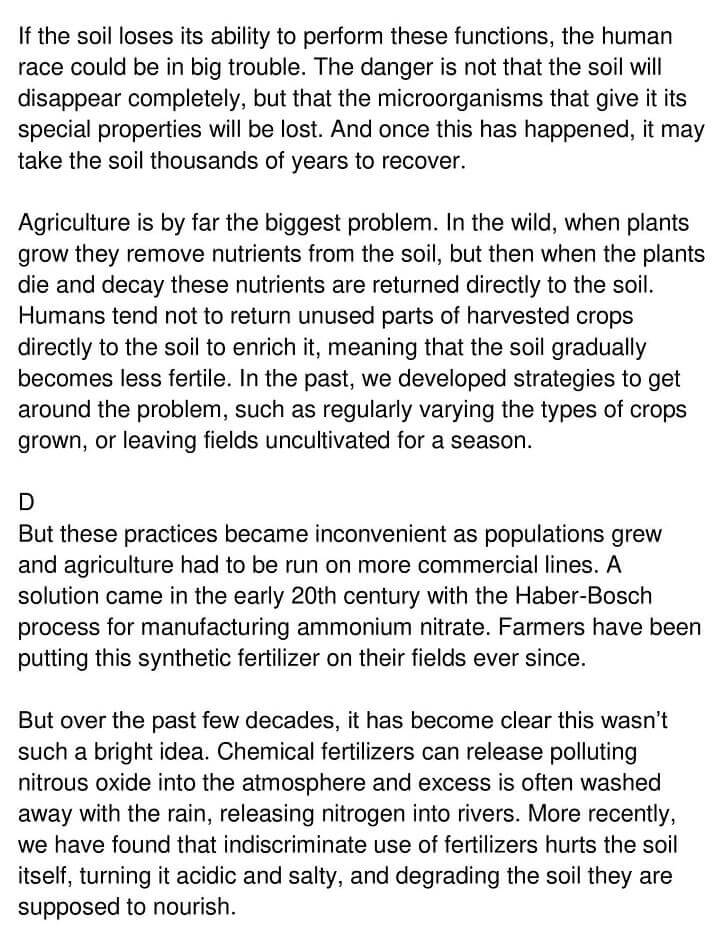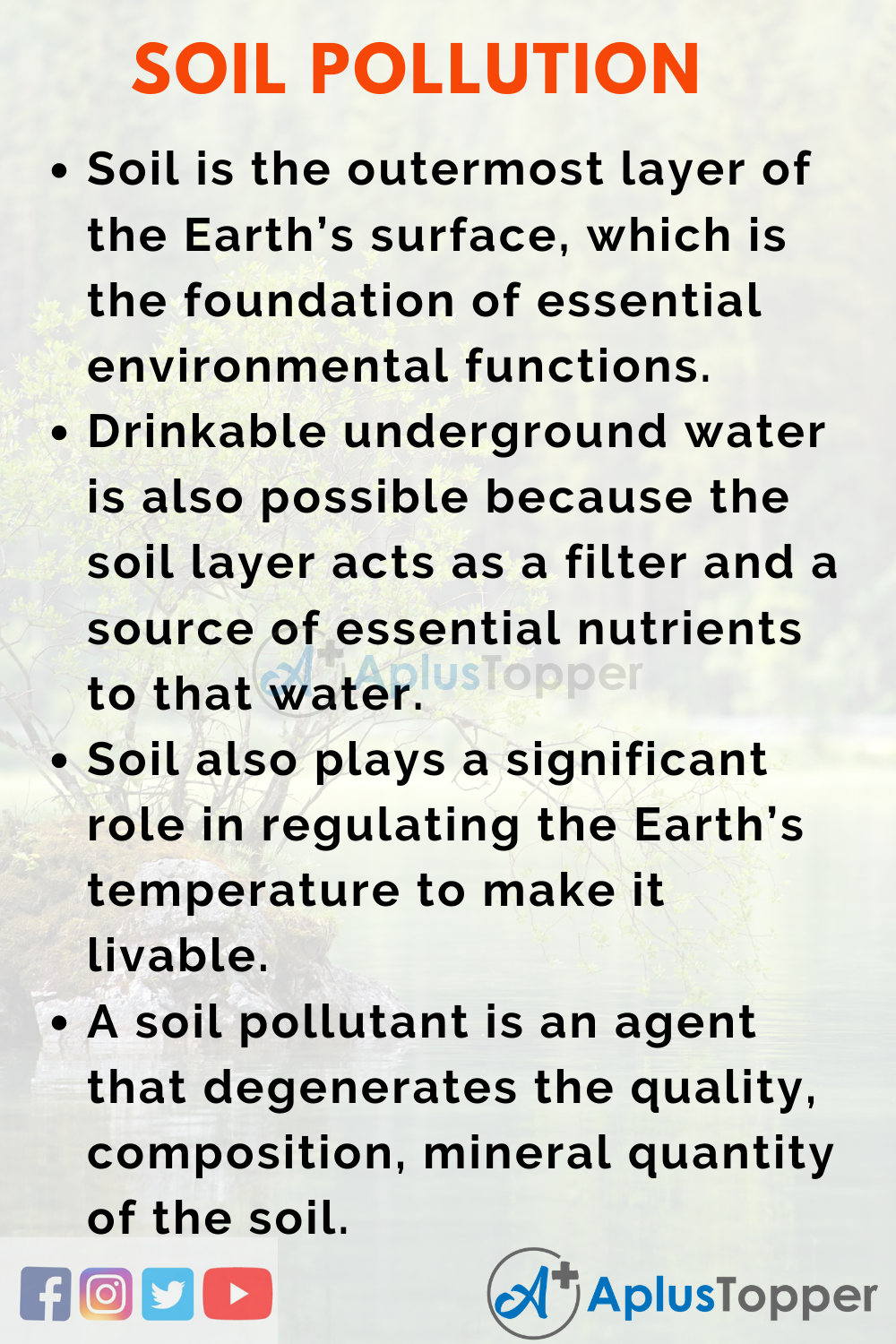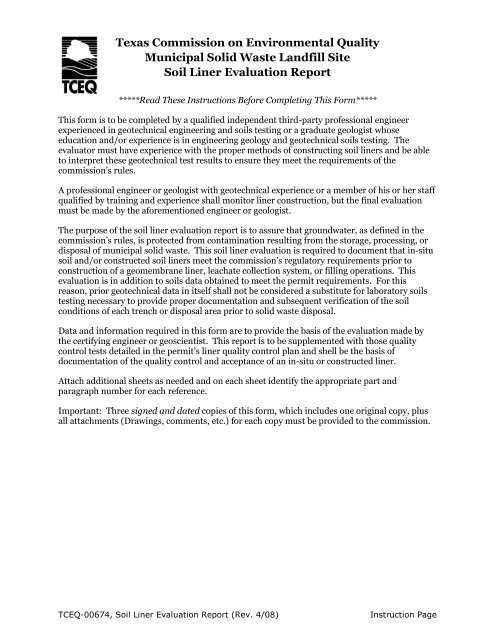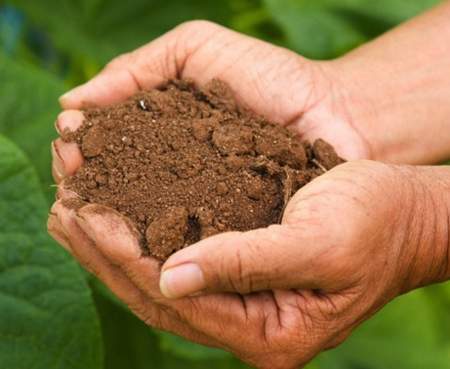Soil is a vital resource that supports the growth of plants, which provide food, oxygen, and habitat for a diverse array of animals and microorganisms. It is also a critical component of many ecosystems, playing a key role in water and nutrient cycling, soil erosion control, and carbon sequestration.
Soil is made up of a mixture of minerals, organic matter, water, and air. It is formed over time through the weathering of rocks and the decomposition of plant and animal materials. The composition of soil varies widely depending on the types of rocks and materials present in the area, as well as the climate and vegetation.
One of the most important functions of soil is as a medium for plant growth. It provides plants with the nutrients they need to survive and thrive, as well as water and oxygen. Soil also helps anchor plants in place and protects their roots from damage.
Soil also plays a vital role in water and nutrient cycling. It acts as a sponge, absorbing and releasing water and nutrients as needed by plants. This helps to regulate the availability of these resources in the ecosystem, and also helps to prevent soil erosion and nutrient leaching.
Soil is also an important sink for carbon dioxide, a greenhouse gas that contributes to climate change. When organic matter, such as plant material, decomposes in soil, it releases carbon dioxide. However, some of this carbon is then absorbed by the soil and stored in the form of organic matter, which helps to offset the carbon emissions that contribute to climate change.
Unfortunately, soil is a finite resource that is vulnerable to degradation and loss. Overuse, poor land management practices, and pollution can all lead to soil degradation, which can have serious consequences for the health of ecosystems and the productivity of agricultural land. It is important to protect and preserve soil resources to ensure their continued health and productivity.








